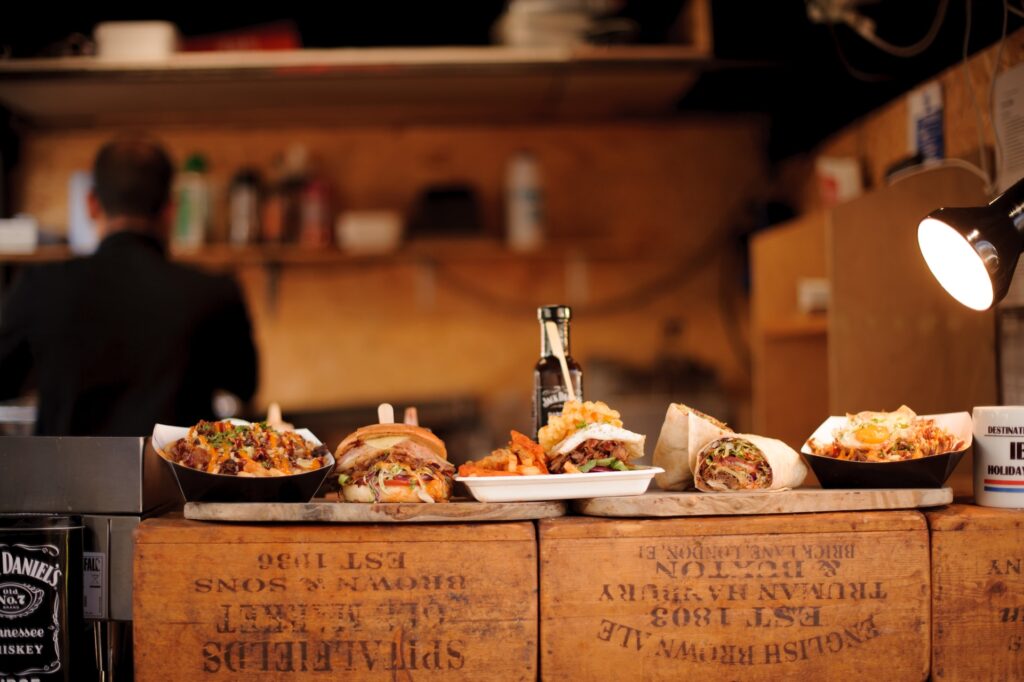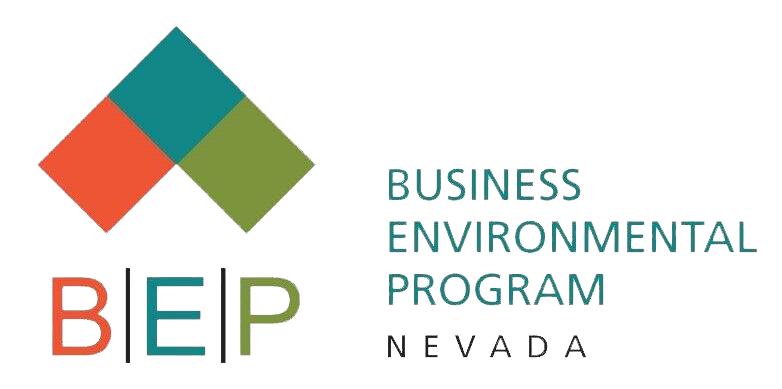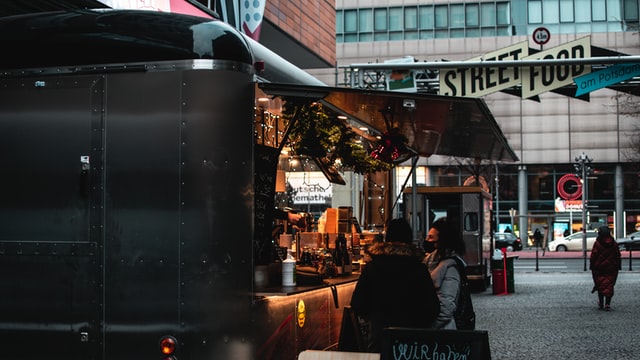Food Trucks are very prevalent in Nevada. There are are many challenges to starting, restarting and managing your operation during good times and additional challenges during the pandemic need even more careful planning, oversight and management. It is important to understand the COVID-19 requirements that may still apply to your industry, suggested best practices, and resources available to help you.
COVID 19 Requirements

Nevada’s Roadmap to Recovery lays out a requirements for businesses with specific capacity limits and other requirements. Starting May 1st, 2021, the state transitioned to local authority for setting specific requirements by business types. Visit the Nevada Health Response website for the latest updates on COVID-19 Guidelines in Nevada.
To learn more about Nevada’s specific requirements for Food Trucks, CLICK HERE.
Industry Best Practices
Some general best practices and tips that may help you comply with guidelines and help your customers and employees feel safe include:
- Require customers and employees to wear face masks
- Social Distance
- If provided, on-premises indoor seating is limited to no more than 50% of available seating capacity and no more than 6 patrons per table with social distancing
- No occupancy limits for outdoor seating as long as social distancing is imposed
- Install plexiglass/clear acrylic panels or barriers between the customer and cashiers
- Innovate
- Install and use a touchless, non-signature payment system
- Have customers pay through an app on their phones
- Offer on-line pre-order service with timed curbside pickup and online, over-the-phone, or touchless payment choices
- Partner with delivery services such as DoorDash, Grubhub, and Uber Eats to have more avenues for your food to be delivered. Drivers should use hand sanitizer or new gloves before each delivery
- Offer family meals, meal kits, and quarantine kits for families to cook, prepare and eat at home
- Update your website to be mobile-friendly and post your menu for guests to view on their phones
- Cleaning
- Have hand sanitizer and sanitizing stations and products readily available for employees and customers
- Frequently perform enhanced environmental cleaning and disinfecting of commonly touched surfaces
- Deep clean your food truck daily
- Minimal items should be placed on guest tables to allow for effective disinfection in between each guest, including condiments, silverware, etc.
- Provide pre-wrapped/rolled disposable utensils
- Use cleaning products that meet the EPA’s criteria for use against SARS-CoV-2 (the virus that causes COVID-19) – this list of products can be found on the EPA website here: List N: Disinfectants for Use Against SARS-CoV-2
- Read more about Cleaning and Disinfecting during a pandemic
Business Basics
Business basics are more important than ever. Evaluate your profit and loss statement. Look for ways to reduce operating costs. Analyze your cash flow and breakeven to evaluate the impacts of guidelines and best practices on your operations. As Nevada’s COVID-19 measures evolve you may need to continually adjust your operations. Here are a few things to think about:
- Get Help
- Contact a business development counselor at the Nevada SBDC by calling 800.240.7094 – we can help you assess your operations and decide on best strategies for your business
- For questions about cleaning and disinfecting, strategies to control new waste streams, or other environmental questions, contact an environmental business advisor at BEP at 800.882.3233
- Communicate
- Keep communicating with your customers on social media and your website with announcements about your current hours, make sure they know you are not shut down for good
- Be open about the measures you are taking to meet guidelines; consider signage at your entrance so customers can be aware of the steps you are taking to prevent the spread of COVID-19 and to meet new and updated industry guidelines
- Expand Services
- Offer take-out with curbside pickup
- Offer delivery options
- Offer meal kits for cooking at home
- Offer gift cards
- Potential Cost-Saving Measures
- Revamp and simplify your menu to increase margins, minimize food prep and reduce food waste
- Revisit your menu costing and adjust pricing if necessary, to cover costs
- Consider energy efficiency, waste minimization and other sustainability strategies
- Creative Marketing
- Update or redesign your website; make sure it is mobile friendly
- Create a following on social media and keep in touch with guests
- Use micro social media and focus more on the immediate neighborhood in order to bring in local guests
- Consider sharing some favorite recipes, wine and drink pairing suggestions, and other tips for customers on social media; create a following and keep in touch with customers
Resources
- Nevada Health Response: Business and Industry Compliance
- Nevada Health Response
- Nevada Department of Business & Industry, Occupational Safety & Health Administration
- Southern Nevada Health District (SNHD) COVID-19 Guidance for Businesses and Permitted Facilities
- Nevada Governor’s Office of Economic Development
- Center for Disease Control (CDC) Guidance
- US EPA List N: Disinfectants Approved for Use Against SARS-CoV-2
- Small Business Federal Financial Assistance
- U.S. Securities Exchange Commission Resources for Small Business



